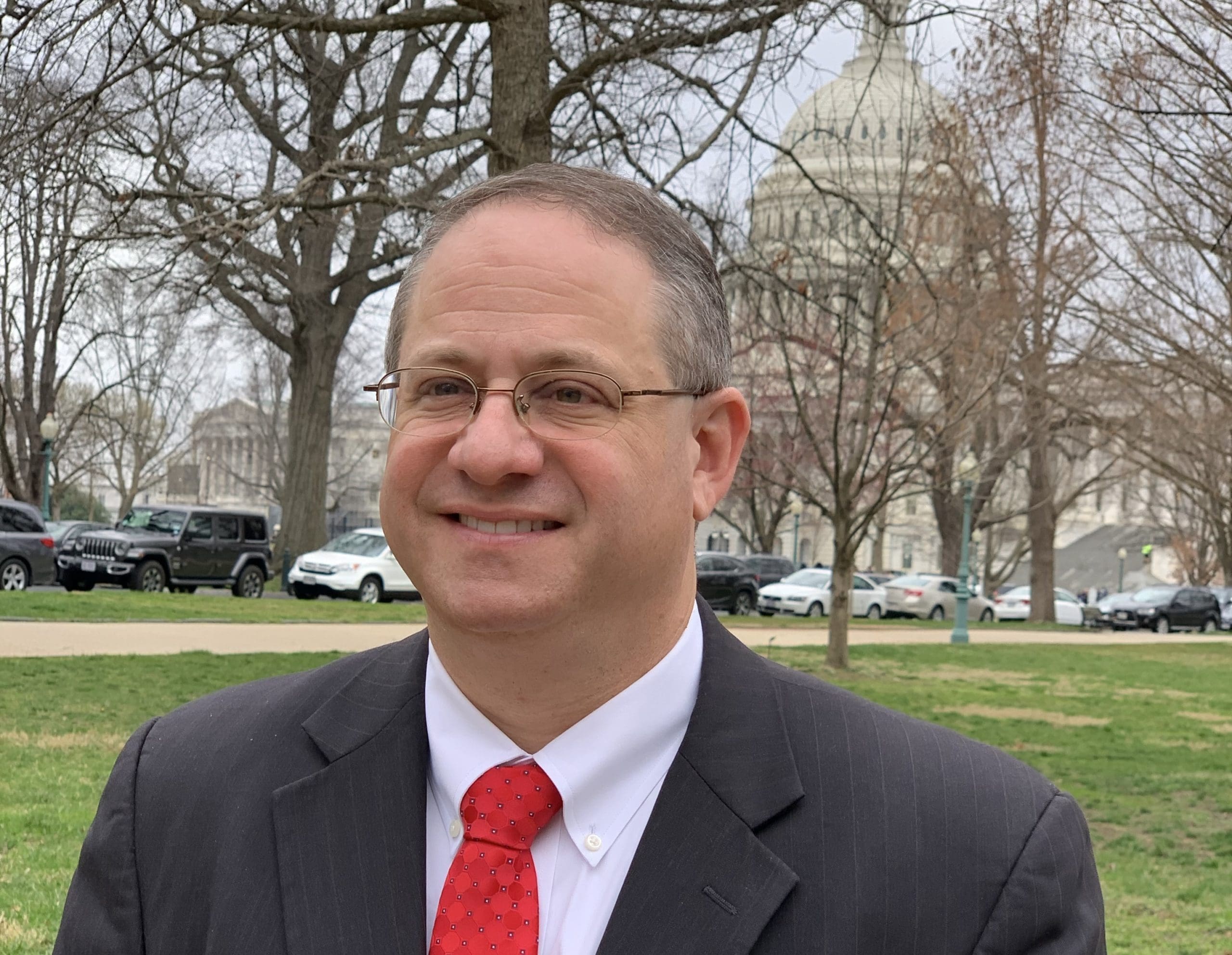A current commissioner and former chairman of the Federal Election Commission is sounding the alarm to Congress: his agency is being hijacked to attack the free speech rights of citizens.
Speaking before the U.S. House Committee on Administration, which has oversight of the FEC, Commissioner Trey Trainor warned Congress of a “disturbing situation.”
“The Federal Election Commission has become a weapon,” Trainor told the committee.
He cited the adoption of new procedures by the FEC allowing the agency, which operates under civil law procedures, to share information about its investigations with the Department of Justice. This allows the bureaucrats to facilitate secret criminal prosecutions against those accused of tripping over the agency’s regulations regarding citizen speech, without notifying them they are at severe risk.
Trainor pointed to the FEC’s investigation of Derek Utley, a man who was subjected to four-and-a-half years of harassment by the FEC because he anonymously created a Facebook page called “Elect Trump 2020” and spent $483 on ads to promote it.
“Mr. Utley’s case is the textbook example of how the process is becoming the punishment,” Trainor commented.
He added that, while Utley’s case was ultimately closed, he never received any exoneration or apology for the four years of investigation to which he was subjected.
Utley’s case was launched when the far-left group Common Cause filed complaints against him, based on a “poorly sourced news article” that had falsely claimed he spent over $34,000 on the Facebook ads.
According to Trainor, there have been an uptick in vague “unknown respondent” complaints filed with the FEC regarding alleged illegal speech about federal candidates. These complaints allow the FEC to drag citizens into closed-door hearings in Washington D.C. to investigate whether their civic participation was conducted in compliance with the nation’s byzantine speech regulations.
In reaction, Congressman Greg Murphy (R-NC) agreed with Trainor, stating that he is also concerned about the weaponization of federal agencies against citizen speech. On the other hand, Congressman Norma Torres (D-CA) stated that she was “disturbed” that the Supreme Court has said anonymous speech is constitutionally protected.
The most significant Supreme Court case on anonymous speech is McIntyre v. Ohio, a 7-2 decision in 1995 authored by liberal Justice John Paul Stevens with a dissent from conservative Justices Antonin Scalia and William Rehnquist. In that case, the Court ruled that the State of Ohio could not fine an elderly woman for distributing leaflets opposing a local school tax hike which she signed “Concerned Parents and Taxpayers” rather than including her personal name and address.




